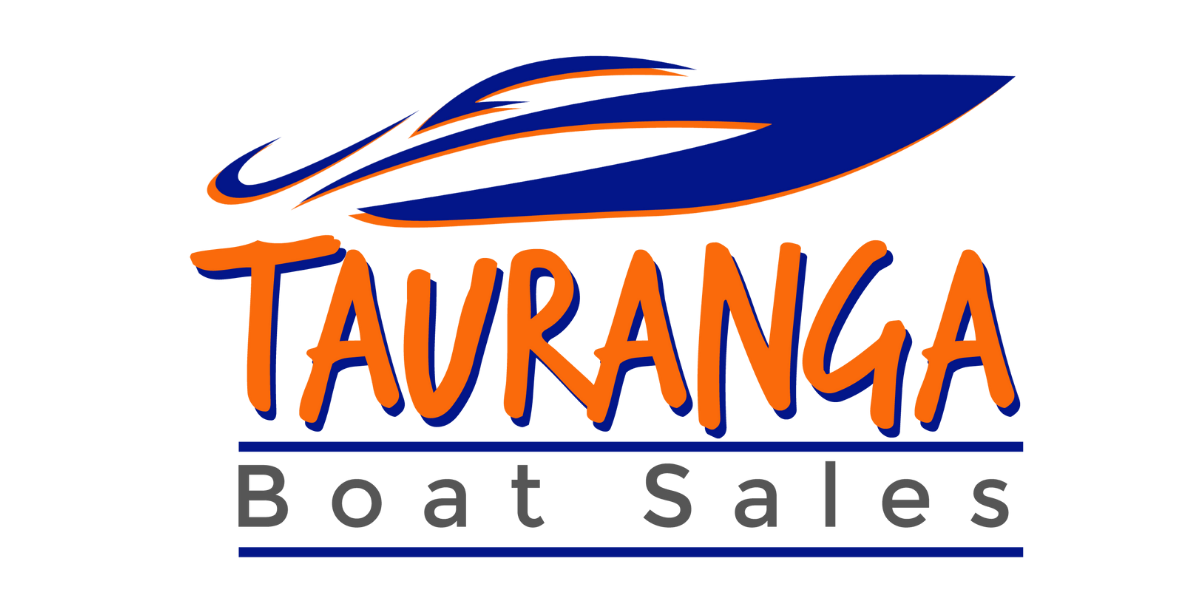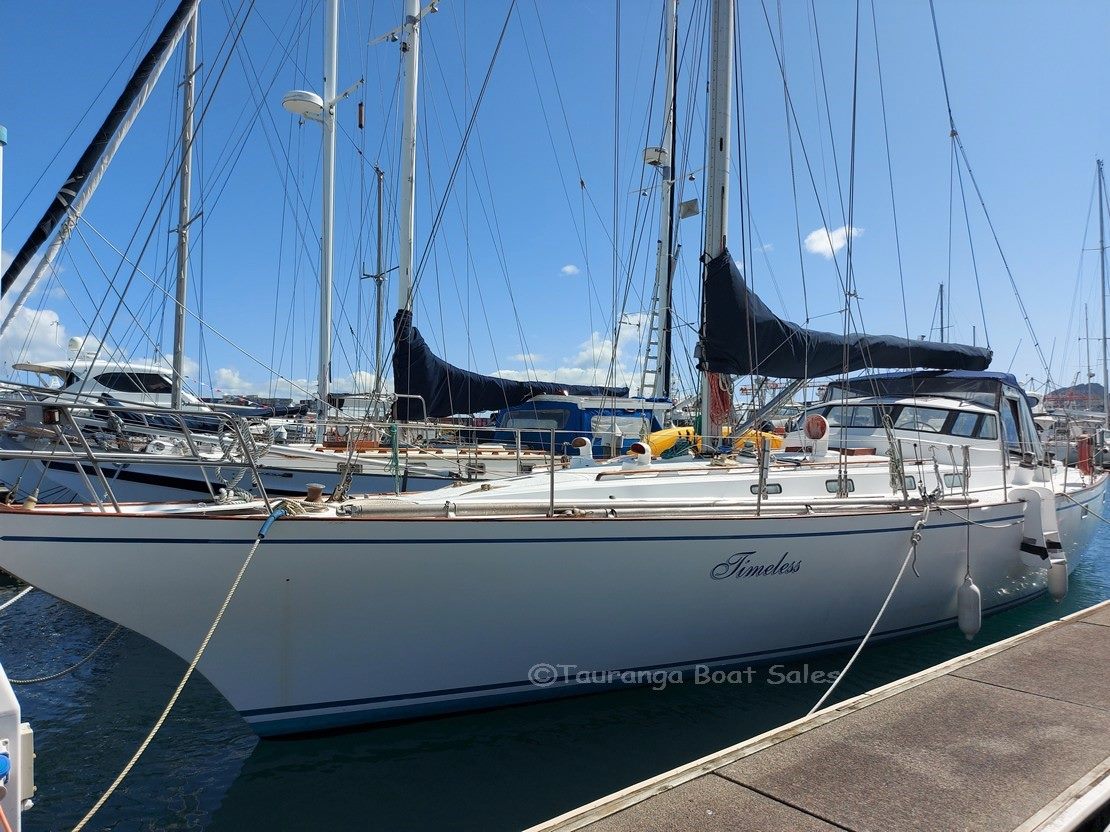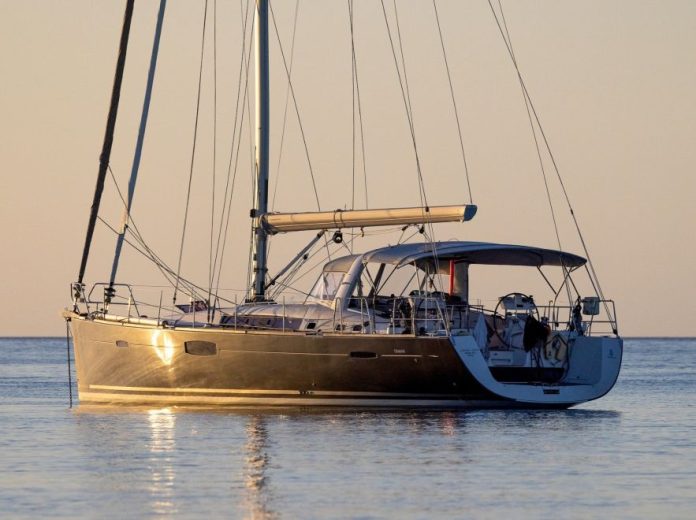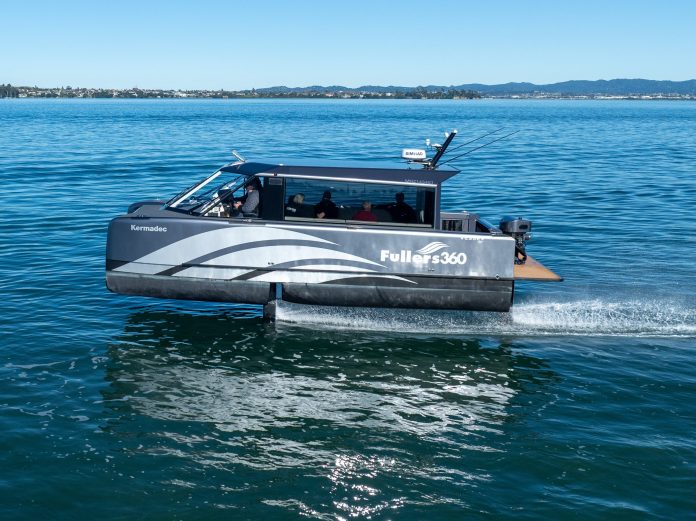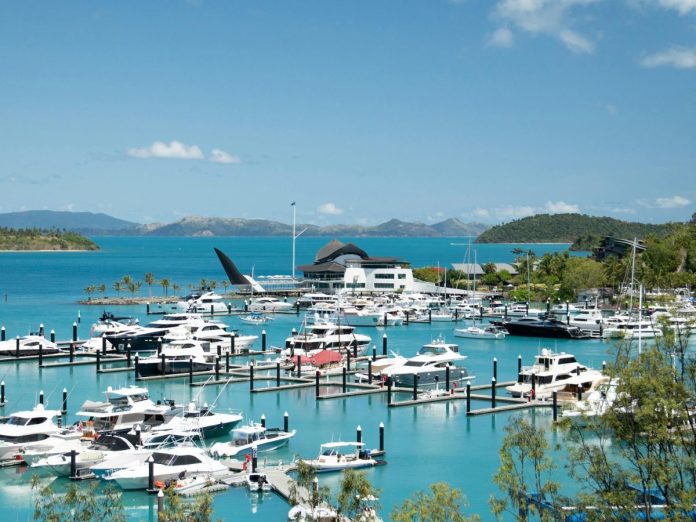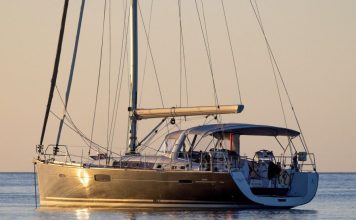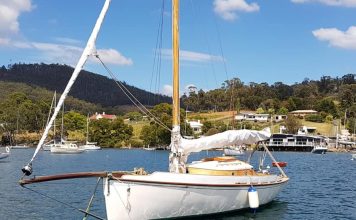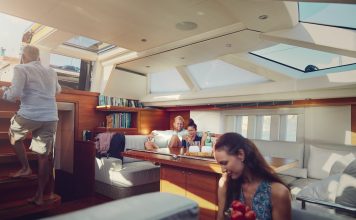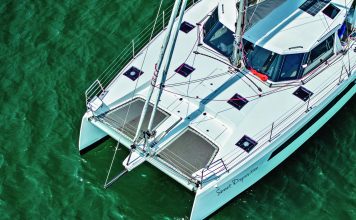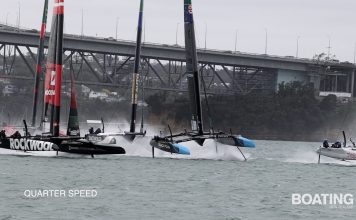In recent years, the New Zealand’s boating industry has experienced significant highs and lows, with a period of buoyant growth followed by a challenging downturn. The industry’s trajectory has been influenced by a range of factors, including rising material costs, difficulties in hiring staff, and shifting market demands.
The Shift from Boom to Bust
In 2021, the New Zealand boating industry enjoyed a remarkable boom, driven by increased leisure time during the COVID-19 pandemic and a surge in domestic boat sales.
According to reports, the industry saw unprecedented growth, with high demand for new boats and a surge in sales figures (Stuff, Mariner). Our family purchased their first second-hand yacht during this period. New Zealand, buoyed by a sense of prosperity and relief at having come through COVID relatively unscathed, this period has been followed by a cooling demand for new boats, as indicated by recent reports on the challenges facing boat retailers and the industry as a whole (Stuff).
Rising Material Costs and High Debt Levels
The transition from a booming market to a more subdued environment has been exacerbated by rising material costs. Businesses are grappling with increased expenses for raw materials, which have been driven up by global supply chain disruptions and inflationary pressures. This rise in costs has been compounded by high levels of debt within the industry, as detailed in NZ Herald’s recent coverage of Sportcraft Marine and Sportcraft Boats in Mount Maunganui and Morrinsville facing significant liabilities (NZ Herald).
Additionally, the industry’s debt burden is further stressed by rising interest rates. With borrowing costs climbing, businesses are facing increased financial pressure, making it more challenging to manage existing debt and fund new projects. This scenario has created a particularly tough environment for boating businesses, as highlighted in reports on the difficulties faced by Trev Terry Marine (TTM) based in Taupo (Waikato Times).
Staffing Challenges Post-COVID
Compounding these financial pressures is the ongoing difficulty in hiring and retaining staff. The COVID-19 pandemic has reshaped the workforce, with many businesses struggling to attract skilled employees. The boating industry is no exception, facing shortages in skilled labor, which affects productivity and operational efficiency. This staffing challenge is an additional hurdle for businesses already grappling with financial strain.

Strategic Responses to Economic Pressures
In navigating these turbulent times, businesses should consider several strategic approaches involving cost and debt management, diversification into different types of boats and markets, investing in staff, and maintaining strong relationships with customers. The marine industry has been here before, having faced issues during the global financial crisis of 2008-2011. Margaret Waller’s (Research Bank) research on successful strategies for the New Zealand boat building export industry during the 1008-2011 period offers relevant lessons on weathering economic downturns. Key strategies include focusing on operational efficiency, innovation, and maintaining a strong market presence.
Conclusion
The New Zealand boating industry is currently navigating a complex landscape marked by rising costs, staffing issues, and shifting market conditions. While the transition from a boom to a more challenging period presents significant hurdles, businesses that adopt strategic approaches and remain adaptable can weather these difficulties and position themselves for future success.









